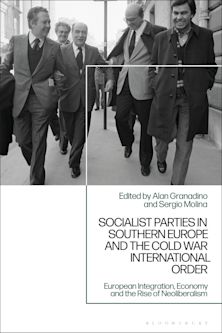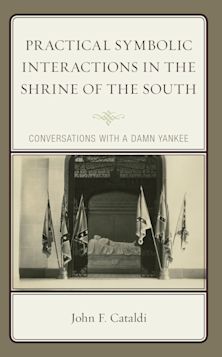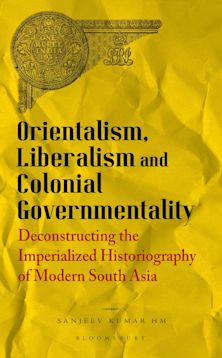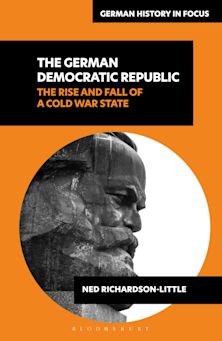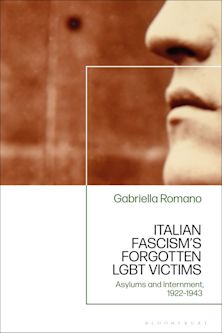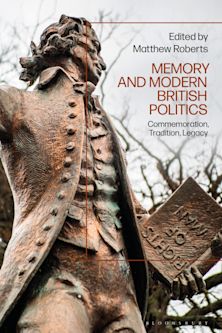Corruption in the Americas
This product is usually dispatched within 2-4 weeks
- Delivery and returns info
-
Flat rate of $10.00 for shipping anywhere in Australia
Description
For some states in Latin America, corruption is not simply an industry, but rather it is part of the political system. This collection studies the nature of corruption and its recent trends through expert contributions from scholars from the region who have diverse scholarly backgrounds, theoretical orientations, and methodologies. Through case studies of countries throughout the Americas, the contributors analyze the links between corruption and organized crime, the main actors involved in corruption, governmental responses to corruption, and the impact that corruption has on governmental institutions and people’s faith in them.
Table of Contents
Bradford R. McGuinn
Chapter Two: Corruption, Violence, and State Fragility in Mexico: An Examination of the Recent Challenges and Opportunities
Roberto Zepeda and Jonathan D. Rosen
Chapter Three: Guatemala, a Captured State
Adriana Beltrán
Chapter Four: Corruption in Colombia
Fernando Cepeda Ulloa
Chapter Five: Corruption in Peru in the Twenty-First Century: A Tsunami of Scandals, A Tsunami of Prosecution
Cynthia McClintock
Chapter Six: “The Police are Involved in Everything”: Corruption and the Corrupt in Bolivia
Marten Brienen
Chapter Seven: Organized Crime and the State in Brazil
Michael Jerome Wolff
Product details
| Published | 24 Aug 2022 |
|---|---|
| Format | Paperback |
| Edition | 1st |
| Extent | 174 |
| ISBN | 9781793627230 |
| Imprint | Lexington Books |
| Illustrations | 10 b/w illustrations; 7 tables; |
| Dimensions | 230 x 152 mm |
| Publisher | Bloomsbury Publishing |
Reviews

ONLINE RESOURCES
Bloomsbury Collections
This book is available on Bloomsbury Collections where your library has access.












